15 Seemingly Harmless Parenting Mistakes With Big Consequences
Updated Nov. 12 2019, 3:14 p.m. ET
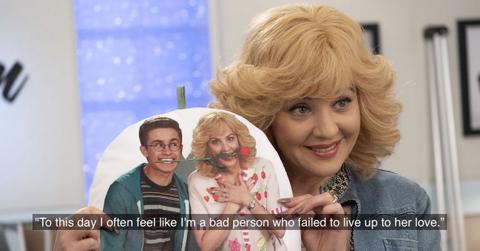
The only guarantee parents can rely on is that, at some point, they're going to screw up and feel like a failure. It's probably a small comfort to know you're not alone — even the most supportive and well-meaning parents will at some point do something to put their kids in therapy.
The trouble is, it's often the small mistakes that barely register. In a recent Ask Reddit thread, users named some of the parenting mistakes that seem inconsequential but can lead to major problems down the road.
Being too attentive
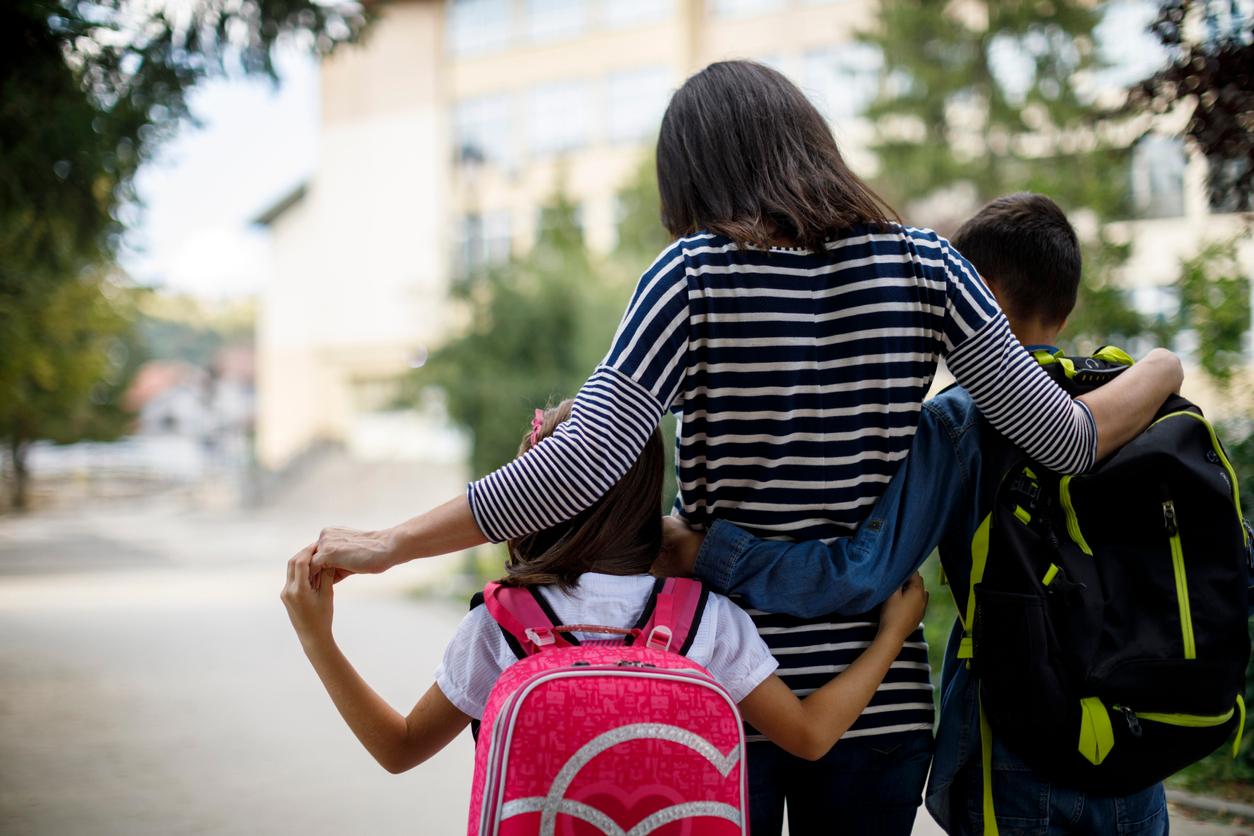
Nobody's suggesting you should completely ignore your kids, but it can be just as bad to make them your whole world, says DBianco87 whose mom "quit having her own life the moment my brother and I were born." While she was seemingly the ideal mother, not having her own interests and friendships made her focus far too much on her kids' performance in every aspect of life. Eventually, DBianco87 felt so smothered, they were driven to enlist just to get some distance. "To this day I often feel like I'm a bad person who failed to live up to her love," they say.
Good-natured teasing
It's good to develop an ability to take a joke at one's own expense, but you don't want to start too early, and you should definitely be aware that kids are super sensitive. "I found that when my parents teased me about stuff I was clearly uncomfortable with, it made me tell them less later in life," said relishinabub. While they have a good relationship with their parents it's not very open due to their tendency to tease.
Not apologizing
You may think admitting when you're wrong will undermine your authority with your kids, but it actually can mean your kids don't have a healthy model for how to apologize — and they may have trouble admitting to their wrongs as they grow up. "It’s built up such a resentment for her over the years, and I also have trouble saying sorry myself because of it," says skeletonfather.
Not stopping when your kids say "stop"
"Whether it's teasing, or tickling, or wresting," OfficeChairHero says, always listen when your kids put up boundaries. "Kids who have parents that don't respect their boundaries always seem to end up being the biggest ... bullies because they've learned they don't have to respect other people's feelings."
Not following through on a promise
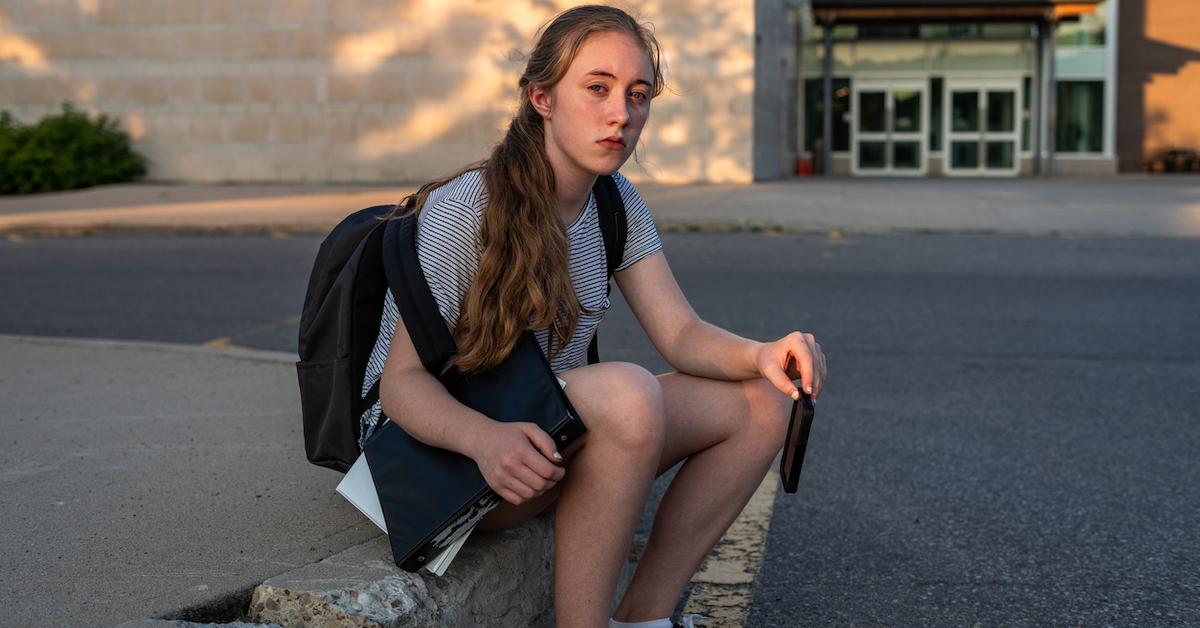
Parents sometimes make promises figuring their kids will forget and back down on them, but it can hamper their trust in you. "If you told your child you were buying ice cream tomorrow in the hopes that they'd forget and the next day when they ask you tell them no they'll see you as unreliable," says A_H_Corvus. Same goes for consistently forgetting to pick your kid up. Plenty readers agreed that not being able to count on their parents' word created huge trust issues for them as adults.
Belittling their interests
Look, kids can be annoying. They have a tendency to have obsessions that can get really trying, but you want to be careful not to unintentionally quash your kids' passions with disinterest or annoyance. bunnyrut says, "I used to love to sing. I was in chorus and would play my favorite songs over and over to learn the words." But the keywords are "used to." Unfortunately, their parents told them to knock it off all the time, so they retreated and stopped singing altogether.
Getting a laugh at your kid's expense.
This is one to definitely be careful of in the age of social media. You may go viral with a hilarious video of your kid doing something embarrassing, but are all the likes and shares worth the damage to your kid? One user remarked, "Often times our parents are our first bullies," which is so true.
Never letting them lose
"We love our kids and want them to feel special, but it's setting them up to be disappointed later in life when they find out not everyone can win," says supersonic-hedgehog. "Let them feel the disappointments early on, and teach them it's OK. They'll grow up better able to handle the stresses of life."
Telling kids not to cry
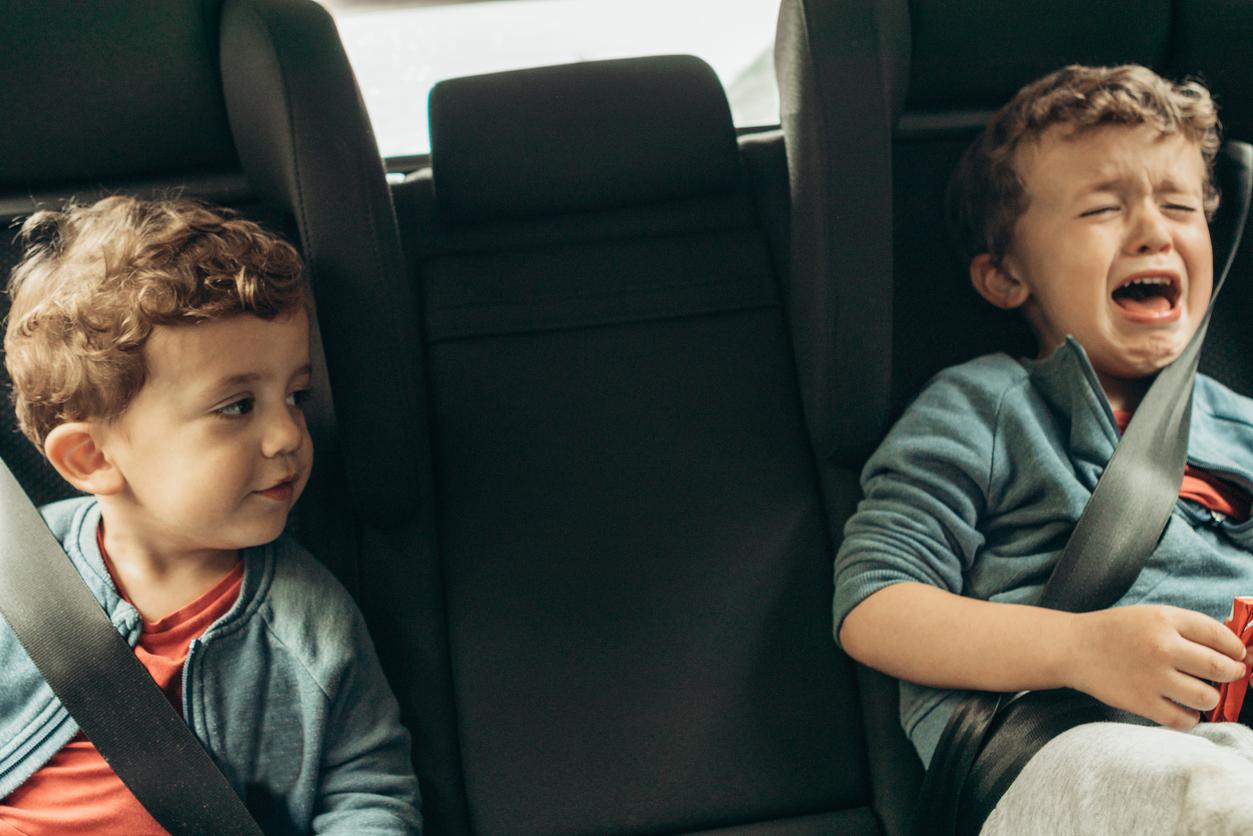
User potatobug25 says their parent would treat crying as something only weak people do, and a lot of parents do this — they tell kids to "be a big boy / girl" and dry up. But this can make kids feel a lot of shame over their emotions and grow up with an inability to express themselves in healthy ways.
Forcing physical affection
Most adults can remember at least one time they were forced to endure a kiss or hug from a relative or acquaintance even though they didn't want to. Unfortunately, we're now learning that this is a way of ignoring your child's body autonomy, and it can make it harder for them to know when their boundaries are being transgressed in far more harmful ways as they get older.
Making kids "clean their plate"
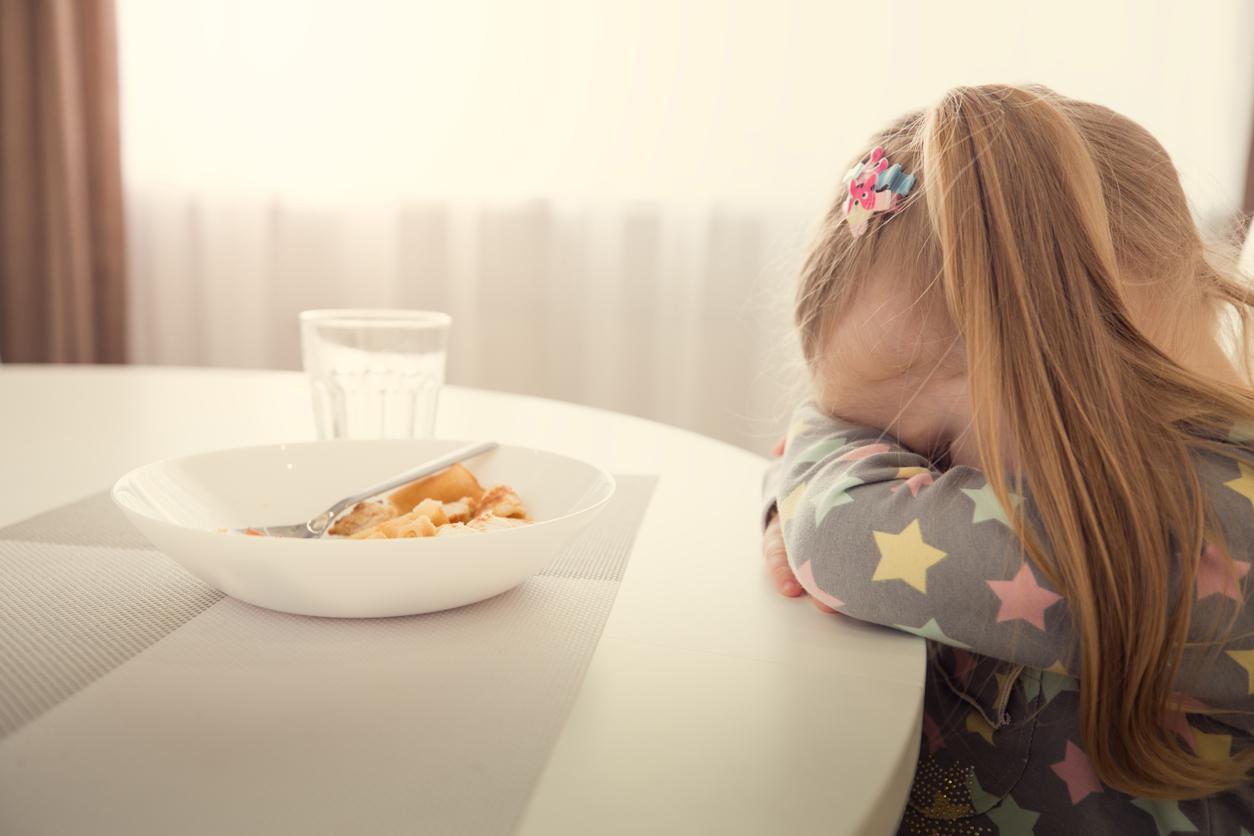
Kids can be picky eaters and getting them to eat is sometimes a struggle. However, forcing them to each past the point they feel finished can create life-long food issues. As radiolesscar puts it, this "causes your child to associate a feeling of guilt with not finishing their food and, possibly, food in general, which can further contribute to problematic eating behaviors.
Snooping through their stuff

Older generations were brought up to think they had no expectation of privacy under their parents' roofs, but it's important to let your children have their secrets. A user on reddit says their mom's constant rooting through their trash and drawers as a kid was so normalized for her that she found herself doing it with partners in her adult relationships because "It just didn't strike me as wrong." Everyone deserves to have privacy, even kids.
"I don't care who started it."
Kids fight with their siblings and it's trying as heck, but you should never shut down a discussion about who "started it." It sends the message that justice isn't as important as keeping the peace, and as many commenters pointed out, it can lead to messed up ideas about who is to blame in violent situations.
Not giving them chores.

You might think it's doing your kids a favor to not give them chores. You might think wanting them to focus on their activities and academics is setting them up for success. The result, according to xkombatxwombatx? "When I moved out to uni I didn’t really know how to clean, when to clean, what to clean with, how to wash clothes, how to get them dry etc. The only thing I could do is cook and binge drink." Not a recipe for success, and it's honestly remarkable they even learned to cook!
Choosing their friends for them
Your kids are going to have some toxic friends at some point in their lives, but you have to "let them figure out who’s bad and who’s good on their own," asserts RyanArmstrong777. How will they know how to spot red flags without practice? You can provide counsel, but it's rarely a good idea to outright forbid your kids from hanging out with someone.
Also, parents may operate under their biases when deciding which kids are acceptable companions — and they're often wrong.